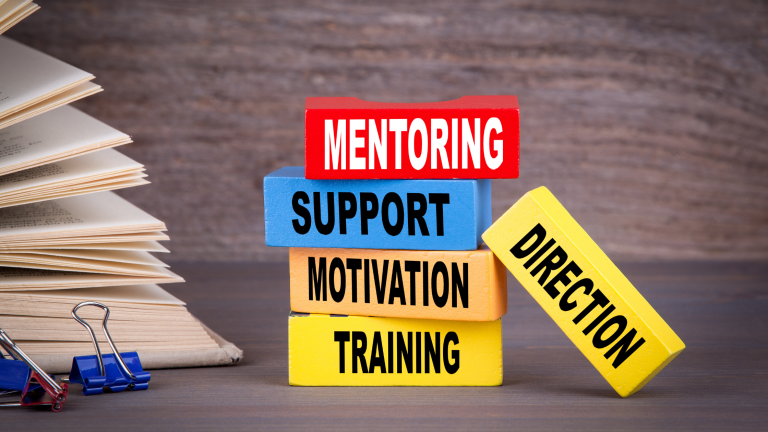It’s never too late to change your profession. But if you’ve been working for a long time, it might feel scary to start something new.
Sometimes, people might judge you because of your age when you’re looking for a job. This can happen to anyone, no matter how old they are. But it can feel worse as you get older. In a recent survey conducted by ResumeBuilder, 38% of hiring managers said they sometimes judge job applicants because of their age.
If you’re a senior professional thinking about changing careers, you might worry about competing with younger people. You might also wonder if employers will think you’re too experienced for the job.
Here are four things you can do to help you through the change.
Own your age Enthusiastically
Embrace your age with excitement. It’s a good thing! Show people why your age is valuable. Talk about your experience and skills. Explain what you want to do next in your career.
If you’re not sure where to start, here’s a three-part structure you can adapt. First, briefly describe your career history and explain what you’re going to do next. Then, share two or three proof points that support your progress toward your career goal. Finally, outline the next step you’re working toward or opportunity you’re seeking. Here’s how that coaching client of mine put that structure into practice:
“ Following an extensive career in customer experience management I’m now building a career in UX design. In addition to pursuing an industry certification, I’ve completed over a dozen freelance UX design projects. I’m currently looking for a full-time role within the hospitality or leisure industry to leverage my in-depth customer analytics skills. “
When you’re enthusiastic about your journey, others will feel it too. They’ll see your passion in how you talk and act.
Identify multigenerational connections within your Network
When you’re starting a new career, it’s helpful to connect with people from different generations in your field. Talk to both Early- or mid-career professionals and those who’ve been around longer to get insights. You can learn about job trends, industry news, and workplace tips from them.
Even if you don’t know anyone yet, you can use social media to find professionals in your new field. Look for groups or pages related to your industry.
To meet people face-to-face, join local professional groups or go to industry events and conferences. You can also contact your old school’s alumni office to meet graduates who are now in your desired career.
Be prepared to 10X your Job Search
To find a job faster, think big and be ready to do a lot more than you expect. In “The 10X Rule” by Grant Cardone, he says aim for goals ten times bigger than you first think. So, if you think you need to apply to 20 jobs to get an interview, be ready to apply to 200.
This also means doing a lot more networking and reaching out to more people. Instead of just contacting a few, aim to connect with ten times as many. If you have five contacts, ask each of them to suggest a few more people you could talk to. Then, ask those new connections to do the same. This way, your network grows quickly, and you’re taking massive action to find a job.
Practice your answers to Tough Questions
Prepare for tough questions in job interviews. Think about difficult questions you might get asked and be ready to explain your career change confidently.
Start by practicing your response to the toughest question. For example, if you’re worried about age bias, you might be asked how your previous experience relates to the new role you’re applying for.
Make a list of ideas for your response. Include transferable skills, any education or training you’ve done, and examples of times when you learned new skills in your previous job.
Practice your response to tough questions, and consider recording yourself on video. This lets you see how you answer and how you come across. Look for signs of confidence or stress, and make sure you’re clear and concise.
Remember, interviews aren’t just about what you can do now. Employers want to see your potential to learn and grow.
Be prepared for setbacks during the job search process. For example, many job seekers have experienced being ignored by employers. Stay focused and determined, and don’t let setbacks derail you from your goals.
Feeling nervous about an interview? Remember, the hiring manager wouldn’t bother interviewing you if they didn’t think you could do the job. Don’t get upset if they ask about weaknesses on your resume. Instead, see it as a chance to explain more. Be proud of your career journey and all you’ve achieved. No one matches every requirement perfectly, and that’s okay. Your whole experience is valuable. Believe in yourself to forge a path forward that grows with you.
This article has been referenced for HBR. To read the complete article click here
About High Potential Career Planning:
An initiative of ACH, High Potential Career Planning (HPCP) is established with a mission to mentor professionals in their search for career development and growth. We provide personalized mentorship programs, which can help individuals have a fulfilling career.






